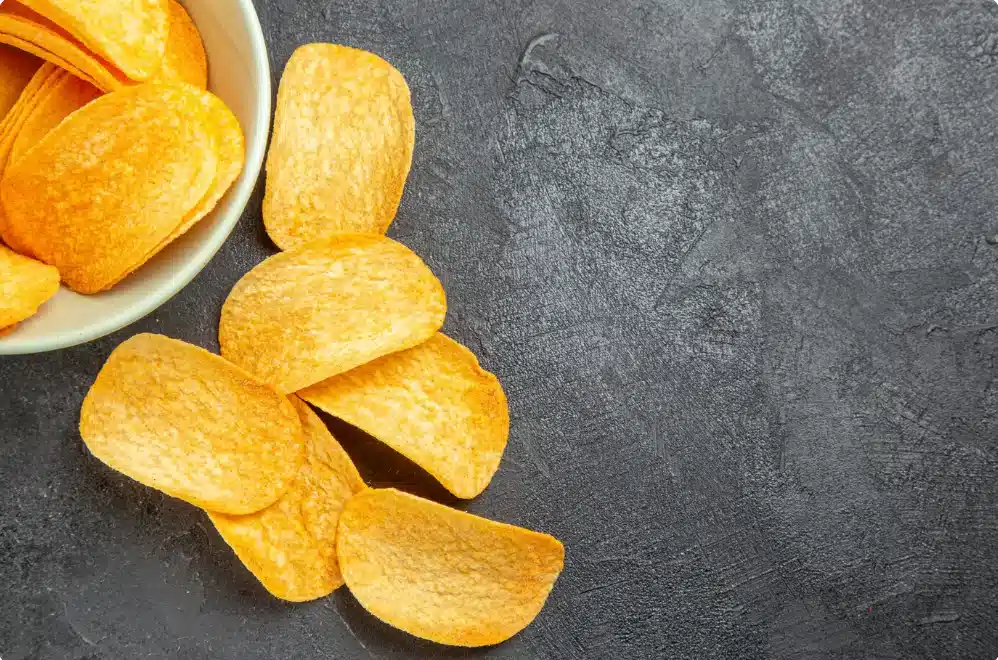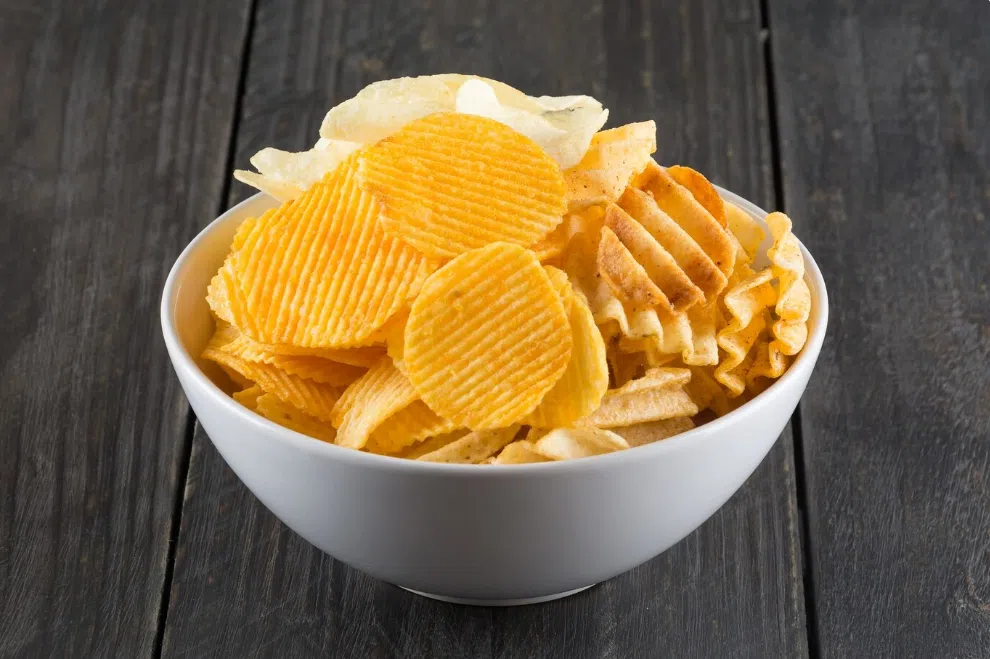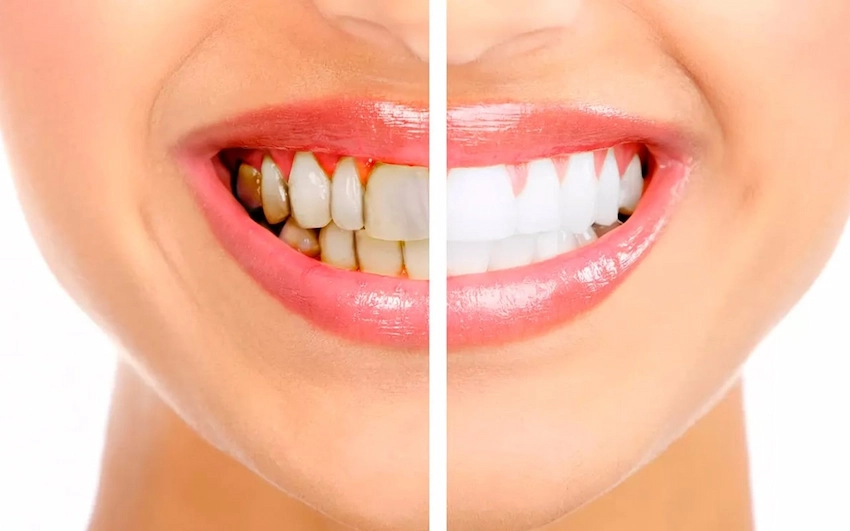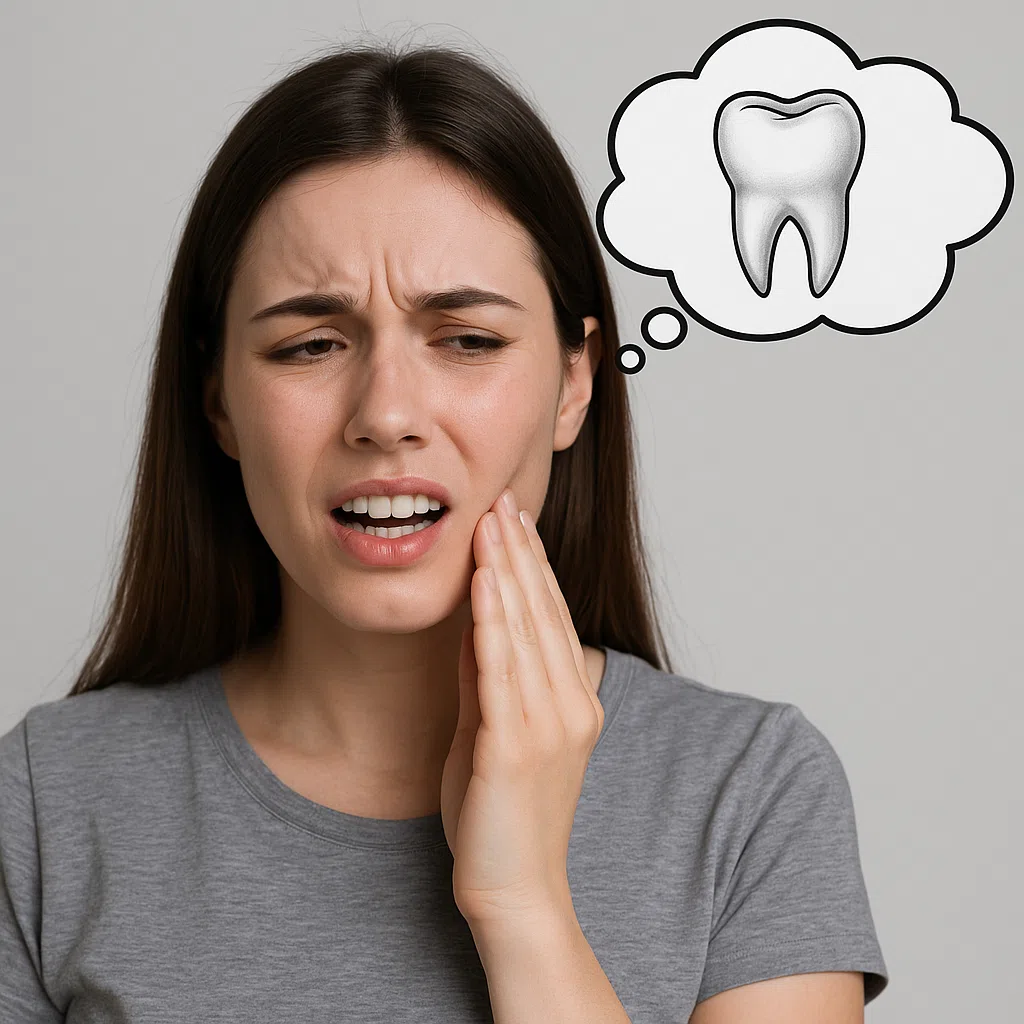🍟 How Acidic Are Chips for Teeth?

Chips are among the most popular and widely consumed snacks around the globe. They have enjoyed success because people love their very crispy, salty nature and crunchy texture. However, they are also quite deceptive when it comes to taking care of dental health. Despite not having a sweet or sour taste, chips can create an environment with low pH levels, which leads to decayed enamel, cavities, and plaque on the teeth.
When we consume these types of foods, we unwittingly create conditions that are ideal for bacteria and other harmful organisms that will eventually chip away at the outer surface of our white, long-lasting smiles. This article demystifies the question of chips by explaining how they affect our lovely set of teeth, highlighting why they are more lethal than most people think, and finally offering some handy tips on how one can crunch into these crunchy treats while at the same time keeping their pearly whites intact.
Let us delve deep into the core of the issue to have a better understanding of the chemistry behind chip consumption and its effects on dental well-being.
🔬 Why Are Chips Harmful to Teeth?
The root cause of chips’ deadly effects on teeth revolves around the nature of their composition as refined carbohydrates, usually either potatoes or corn, which break down rapidly into simple sugars. These sugars are then metabolized by oral bacteria, which in turn release acid as a waste product. This acid is what causes a drop in the pH level of your mouth, which in turn leads to demineralization of your enamel. Enamel is a thin layer and hard covering that protects your teeth from damage.
It is highly resistant and does not regenerate, which means that any damage caused cannot be repaired. These sugars are the primary source of nutrition for a variety of bacteria that inhabit the mouth. Consequently, they produced harmful acids that attack the enamel, leading to excessive enamel wear, which will eventually result in dental decay.
🦷 How Chips Affect Your Teeth

- Starch Becomes Sugar – The main cause of cavities.
- Chewy Consistency – Chips are likely to get wedged between teeth and in the middle of the gum.
- Chips with Flavors – They usually contain elements that grow enamel wear through the acid effect.
- Eating Often – It is very important because some eat throughout the day and there is no time to restore the enamel.
✅ How to Eat Chips Without Harming Your Teeth
- Eat crisps as part of a meal and not as a stand-alone snack.
- Give your mouth a good rinse by taking a sip of water right after eating to wash away both starch and acid.
- Don’t buy chips with this kind of flavor, like sour cream & onion or salt & vinegar.
- Remember your dental hygiene and use floss and brush after 30 minutes in order to get rid of the residues.
- Have chips occasionally, but do not make it a habit of snacking on them daily.
🍟 Final Thoughts from Lema Dental Clinic
Even though chips are an easy and delicious snack, they might still cause damage to your teeth and mouth if eaten very often. Their starchy and sticky nature and the unexpected acidity that lies within them are the main culprits for the most underestimated phenomena of their accompanied enamel destruction and cavities. With little changes to your lifestyle and taking them in moderation, it is possible for you to keep eating your favorite chips without actually compromising your overall dental health.




